The social work internship program at CancerCare serves as a second-year field placement for advanced clinical students who have an interest in the field of oncology social work. It offers students an opportunity to expand their knowledge of the physical, emotional, social and spiritual impact of cancer on a person’s life. Interns can refine social work skills pertinent to working with people who are living with cancer through individual counseling, support groups, education and resource navigation services. Populations include patients, caregivers and the newly bereaved. Supervision and mentorship are provided by oncology social workers specializing in psychosocial oncology.
Educational Objectives
Our program is guided by the Council on Social Work Education (CSWE) Social Work Competencies that graduating MSW students are expected to acquire in their master’s program. In addition to the CSWE competencies, this internship will:
- Integrate classroom theory and learning with practice in a real-world setting
- Broaden the social work student intern’s knowledge of oncology social work
- Address the multi-faceted experience and dynamics of a cancer diagnosis
- Build competencies related to crisis points in the cancer trajectory
- Educate the social work student intern on the different types of cancer and current treatments
- Develop the social work student intern’s understanding of how to address the psychosocial and practical needs of people affected by cancer
- Expand and refine fundamental clinical skills
- Provide training on an array of clinical modalities and evidence-based techniques
- Further develop the social work student intern’s professional identity as a social worker
Structure
The CancerCare Social Work Internship Program is comprised of both experiential and didactic components through the provision of direct services and participation in our comprehensive training program.
Direct services include:
- CancerCare Hopeline — Student interns will staff our national Hopeline alongside our social work staff providing information, education, financial assistance, support and referrals to callers impacted by cancer.
- Counseling Services — Interns will provide short-term, strengths-based counseling that is supportive as well as goal-oriented to address both the emotional and practical challenges that arise from cancer.
- Resource Navigation Services — Student interns will engage in our unique resource navigation model to provide essential cancer-focused guidance, information and resources to help clients better cope with cancer.
- Support Groups — Interns will have the opportunity to co-facilitate support groups via video-conferencing, over the telephone, in-person and online using a password-protected message board format.
- Community Programs — Interns can contribute to our community programs, including workshops for those impacted by cancer.
The Student Internship Training Program includes:
- In-Service Trainings — Trainings are facilitated by CancerCare Staff who have expertise on a variety of psychosocial oncology topics including cognitive behavioral therapy for cancer clinicians; evidenced-based interventive techniques; cultural humility; working with special patient populations; caregiver issues; end of life; grief and bereavement; and professional identity.
- Student Process Group — Group supervision provides a venue for student interns to further develop their clinical expertise in psychosocial oncology through discussion, clinical case presentations and mutual support.
- Supervision — Student interns receive dedicated supervision with their assigned field instructor, as well as task supervision with other staff.
- Professional Development Trainings — Students can also engage in monthly Social Work professional development trainings featuring guest speakers who present on an array of topics surrounding a cancer diagnosis, treatment and psychological/emotional impact.
Meet Our Current Students
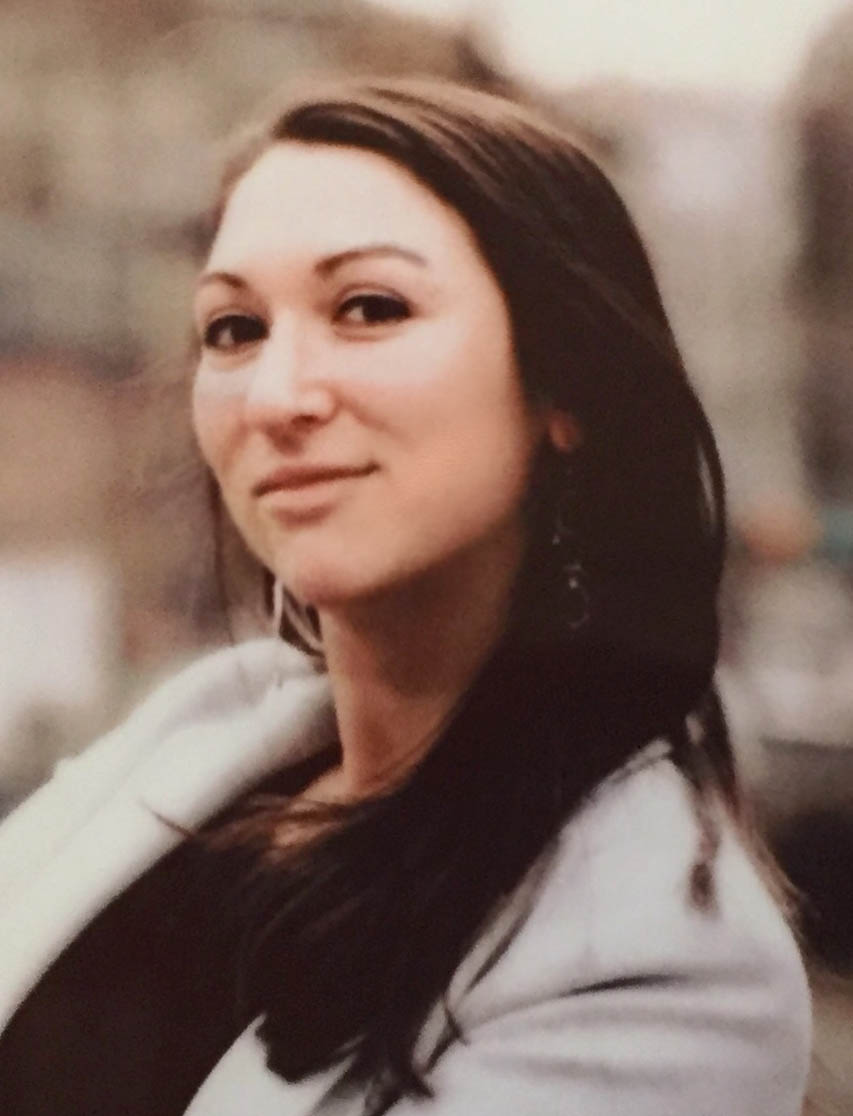
Lauren Mazlin is a second-year student at Yeshiva University, where she is working toward a master’s degree in social work and a certificate in gerontology & palliative care. She received her bachelor’s degree from the University of Maryland, attaining a major in marketing and a triple minor/focus in communication, media, and Spanish. Lauren has a background in oncology communications, and her professional areas of interest include working with caregivers, groups, and individuals.
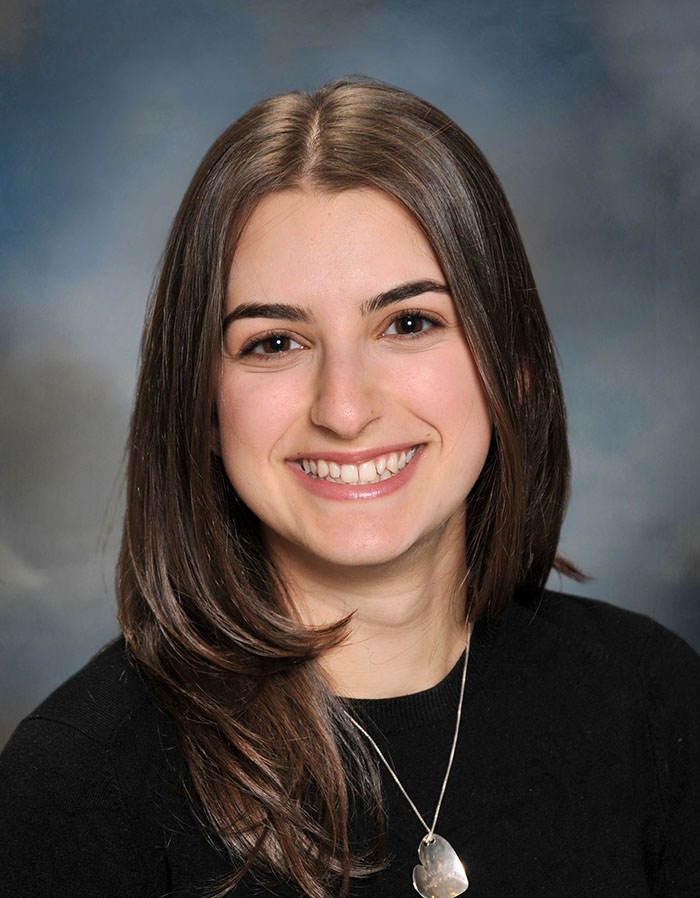
Abby Minkove is a second-year Master of Social Work student at Yeshiva University. She attended Yeshiva University for her bachelor’s in psychology. Abby’s professional area of interest includes working with children, individuals, and family practice.
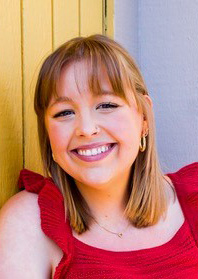
Zoe Zink is a second-year Master of Social Work student at Hunter College. She attended Appalachian State University for her bachelor’s degree in psychology. Zoe has experience supporting children and families in community-based organizations and beyond, with the hope of promoting equity and justice in her work.
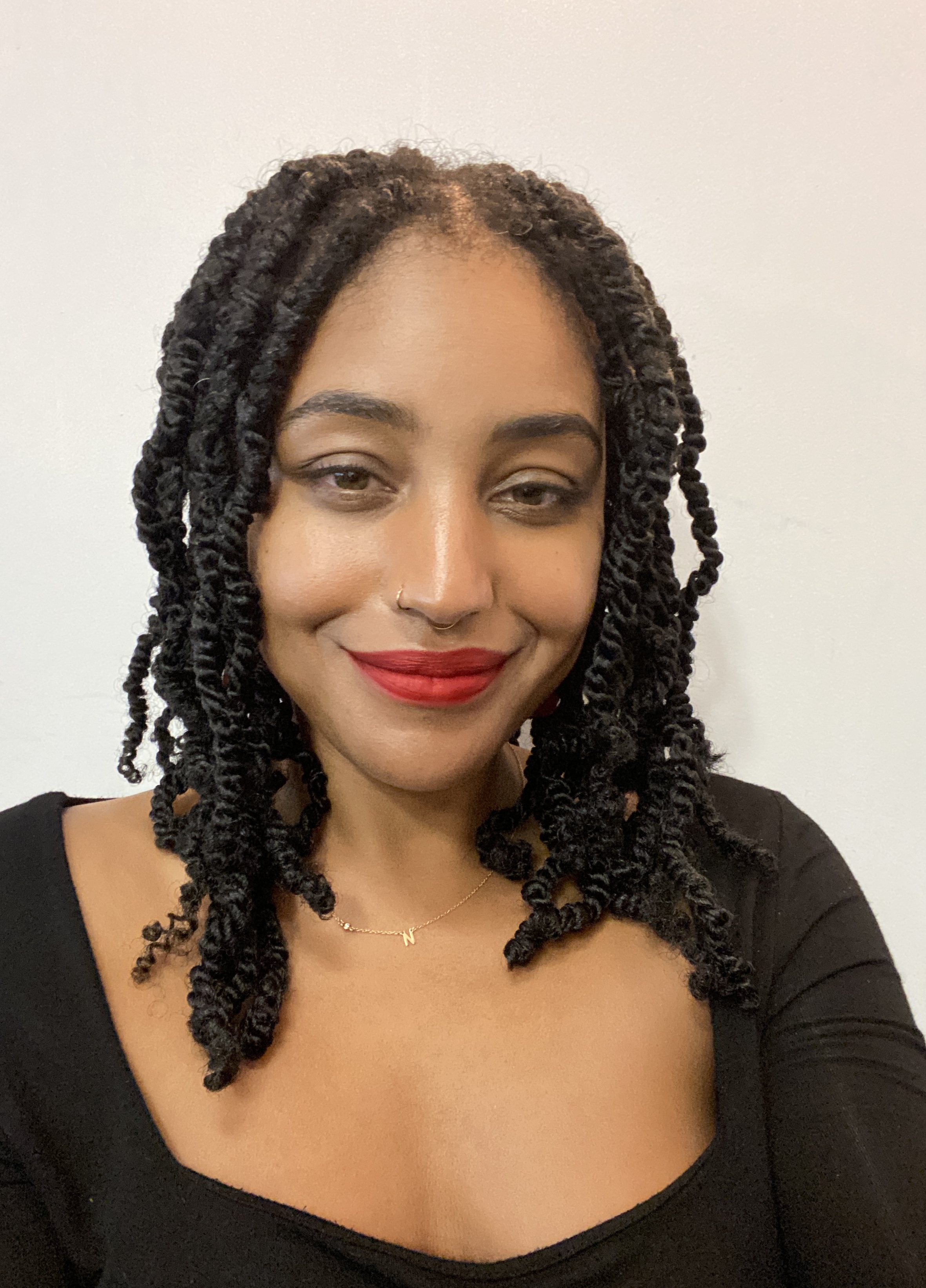
Naomi Edmondson is a second-year Master of Social Work student at NYU. She received her liberal arts degree at Sarah Lawrence College, with a concentration on Biblical Literature, History, and Studio Art. Naomi’s professional areas of interest include end-of-life and grief support within Black and Brown communities.
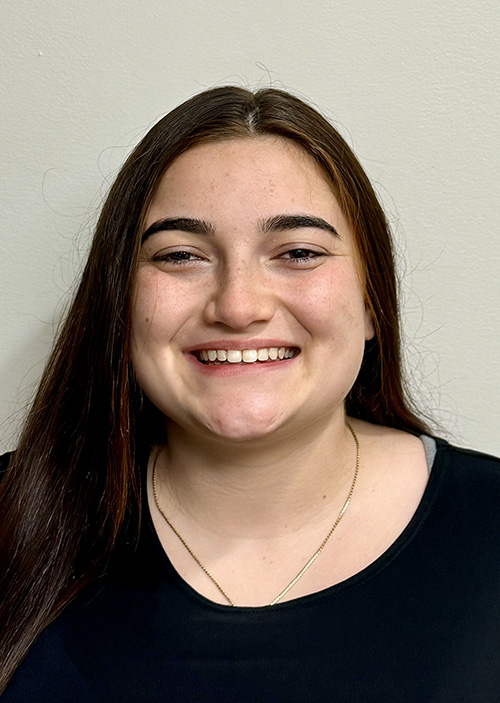
Paige Carbone is a senior undergraduate student at Iona University, pursuing a major in social work with a minor in sociology. She has a strong interest in working with children and groups, as well as advocating for underrepresented populations.
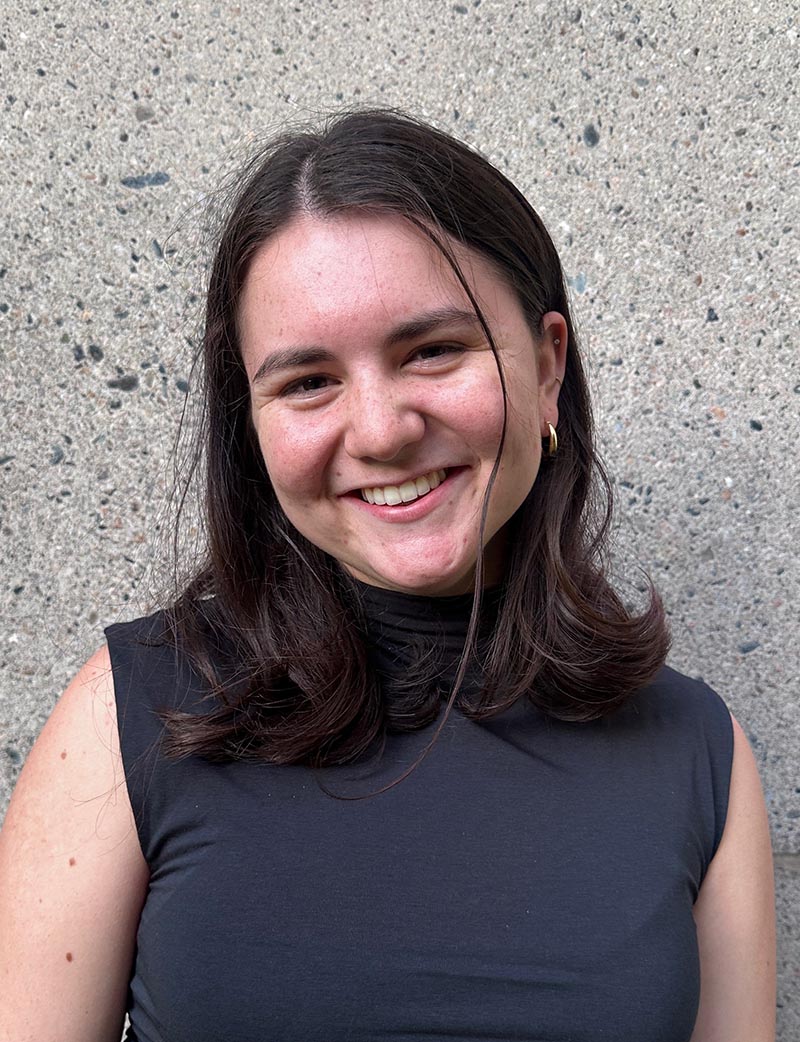
Isabella LaSpina is a senior year undergraduate student at Fordham University working towards her bachelor’s degree in social work. Her professional areas of interest include grief support, women’s health and working with couples and families.
